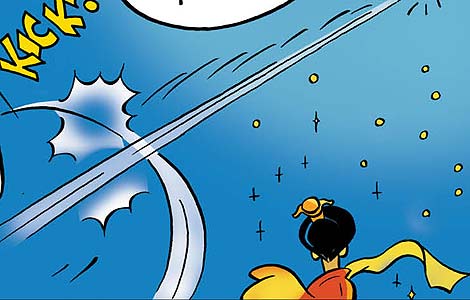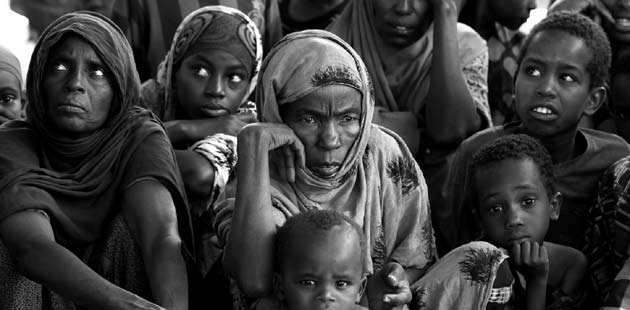European court spurns some key Yukos claims
Updated: 2011-09-21 10:11
(Agencies)
|
|||||||||||
|
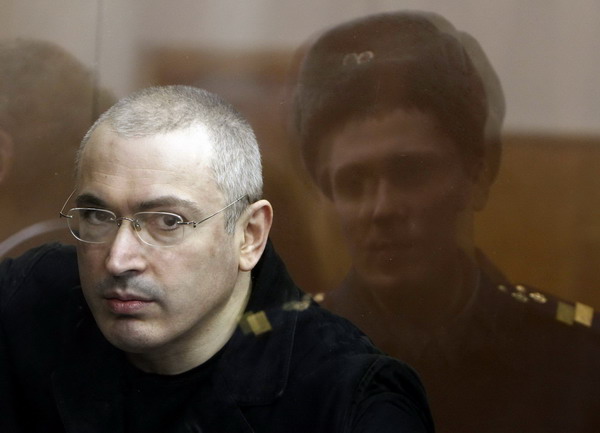 Jailed Russian former oil tycoon Mikhail Khodorkovsky stands in the defendants' cage during a court session in Moscow in this April 5, 2010 file photograph. [Photo/Agencies]
|
But the former managers of the defunct firm said they had been vindicated by other parts of the ruling by the European Court of Human Rights, which said Russia had violated their right to a fair trial, although it did not rule on their demands for $100 billion in damages.
Yukos, which once pumped more oil than OPEC member Qatar, was crippled with huge back tax claims after its main shareholder, Mikhail Khodorkovsky, fell foul of the Kremlin under Russia's president at the time, Vladimir Putin.
Unable to pay, Yukos filed for bankruptcy and its assets, some of the best oil fields in Russia, were sold off at state-run auctions, ending up in the hands of Russian state-controlled oil companies such as Rosen .
A spokesman for Putin, who now serves as prime minister, declined to comment but a Justice Ministry official said the ruling was a blow for the former managers of Yukos.
"Few who understand these things would say this is negative for the Russian Federation," said Andrei Fyodorov, a Justice Ministry official who deals with legal issues relating to the court. "I am convinced that our opponents did not expect this.
"I am sure they expected a crushing decision that would grind Russia into dust and that they would be awarded $100 billion and that they can run off to drink coffee. No - everything was very different. It is a very big blow for them."
A lawyer representing the former Yukos managers said the court had set a high threshold for proving allegations of political motivation and the judges had decided the threshold had not been reached in this case.
"...We have noted that conclusion, though of course we would have preferred a different conclusion to have been drawn," Piers Gardner, the lead barrister for the former Yukos management, told a conference call with reporters.
The seven judges at the court, based in the French city of Strasbourg, said in a statement they had unanimously decided that Russia "did not misuse legal proceedings to destroy Yukos".
But they said the right to a fair trial had been breached because Yukos had not been given enough time to prepare its case and that property rights had been violated during the calculation and imposition of the tax penalties.
"The court has vindicated Yukos' position," Yukos' former Chief Financial Officer Bruce Misamore, said in a statement.
The court "confirmed that the Russian tax proceedings were unfair finding that the limited period given to Yukos to have access to the case material was ridiculously short," he said.
The judges ruled unanimously that they were not ready to make a decision about $100 billion in damages which Yukos' former management, including US directors, were seeking for shareholders.
"I think the Kremlin will be relatively relaxed about this decision," said Chris Weaker, chief strategist at Troika Dialog investment bank in Moscow. "What we see at this point is the best possible outcome for the Kremlin in this situation."
Weaker said the worst-case scenario would have been large damages against Russia and scores of negative headlines that would have undermined attempts to improve the perception of Russia's investment climate.
Khodorkovsky, once Russia's richest man, was arrested in 2003 and is due to be released in 2016 after Russian courts found him guilty of tax evasion, fraud, money laundering and theft, charges he denies and says were invented by the authorities.
Under Khodorkovsky's management, Yukos became Russia's biggest private company with a market value of over $40 billion. Shareholders included major US and European funds, some of which lost billions when it was bankrupted.
Either side could refer the decision to the court's grand chamber where a panel of five judges would consider whether it deserves further examination, the court said.
Hot Topics
Libya conflict, Gaddafi, Oil spill, Palace Museum scandal, Inflation, Japan's new PM, Trapped miners, Mooncake tax, Weekly photos, Hurricane Irene
Editor's Picks

|
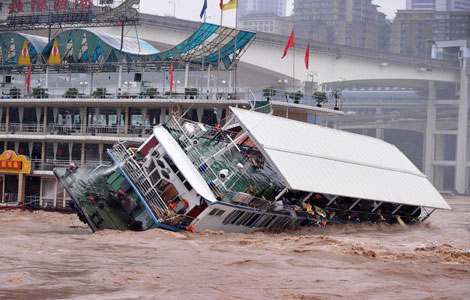
|
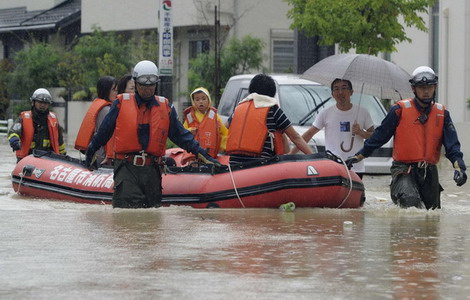
|
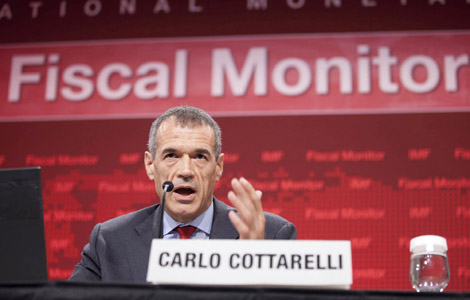
|

|
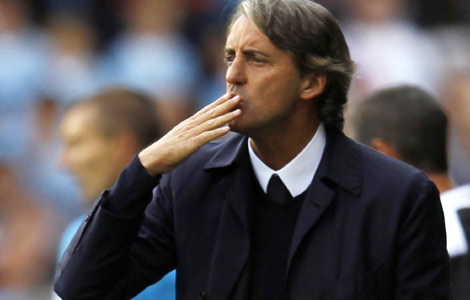
|


